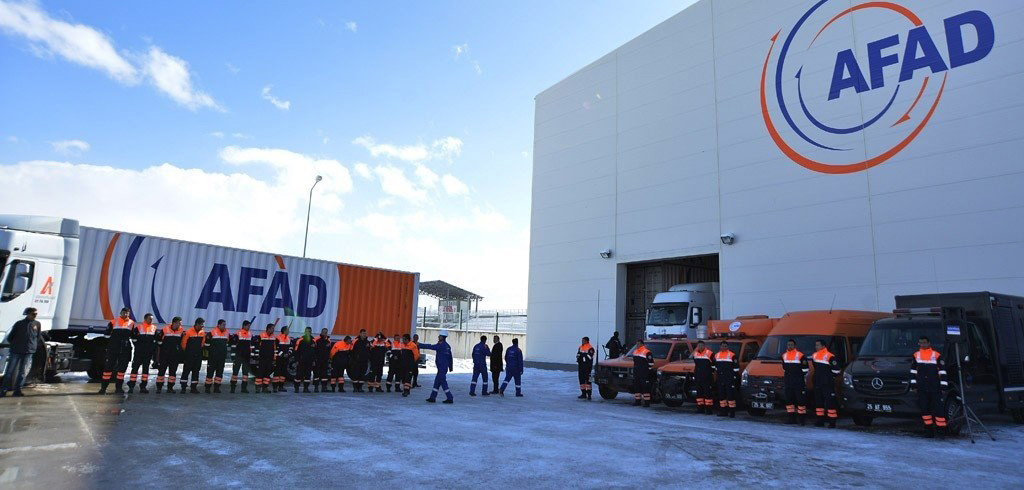Our role
Project partner responsible for:
- Hosting the first Transnational Project Meeting – Kick Off Meeting
- Attending online / face to face meetings and LTT activities, being actively involved in project activities
- Organizing an international forum with the participation of partner institutions (academicians, teachers, students, youth workers … etc) during the Learning Teaching Training Activity hosted by MCBU.
- Supporting the process of material development and adaptation by supplying some sample materials.
- Providing the dissemination and the sustainability of the project (thorough its Volunteerism Project with millions of participants)
- Organising a multiplier event and online multiplier event/s
- Helping with forming a collection of the current teaching programmes.
- Ensuring the functionality of the workshops and pilot studies and the overall dissemination activities
- Leading the summary document – policy recommendations- for policy makers
Turkey ranks third in the world in terms of earthquake-related casualties and eighth with regard to the total number of people affected. Every year, the country experiences at least one 5 magnitude earthquake – which renders the proper management and coordination of disasters absolutely crucial.
Turkey’s disaster policy dates back to the aftermath of the 1939 Erzincan earthquake, which claimed nearly 33.000 lives and left at least 100.000 injured. Two decades later, the Turkish Parliament adopted the Law on Precautions to be Taken due to Disaster Affecting Public Life and Assistance to be Provided (No.7269) in order to fill the long-existing legal void. The legislative effort on disaster continued with the 1988 by-law on the Principles of the Organization and Planning of Emergency Assistance Regarding Disasters.
The 1999 Marmara earthquake, however, marked the turning point in the area of disaster management and coordination. This devastating disaster clearly demonstrated the need to reform disaster management and compelled the country to establish a single government institution to single-handedly coordinate and exercise legal authority in cases of disaster and emergencies. In line with this approach, the Turkish Parliament passed Law No.5902 in 2009 to form the Disaster and Emergency Management Authority (AFAD) under the Prime Ministry and abolish various agencies under whose jurisdiction the issue previously fell. Turkey adopted a presidential system of governance after a referendum that took place on April 16, 2017. And the new executive presidential system entered into force with the June 24 elections. Presidential Decree No. 4 which was published in the Official Gazette on July 15, 2018 and the Disaster and Emergency Management Authority (previously an agency under the office of Prime Ministry) re-formed as an agency under the Ministry of Interior.

Disaster and Emergency Management Authority, an institution working to prevent disasters and minimize disaster-related damages, plan and coordinate post-disaster response, and promote cooperation among various government agencies.
In this regard, the Disaster and Emergency Management Authority introduced a novel disaster management model which prioritizes Turkey’s transition from crisis management to risk management – which came to be known as the Integrated Disaster Management System.
AFAD currently has 81 provincial branches across Turkey in addition to 11 search and rescue units.
Notwithstanding its position as the sole authority on disasters and emergencies, AFAD cooperates with a range of government institutions and non-governmental organizations depending on the nature and severity of individual cases.
Over the past seven years, the Disaster and Emergency Management Authority successfully coordinated to Turkey’s response to a number of devastating earthquakes and floods, among others, and helped survivors get their lives back on track. At the international level, AFAD completed successful missions to provide humanitarian assistance to over 50 countries in 5 continents including Somalia, Palestine, Ecuador, Philippines, Nepal, Yemen, Mozambique, Chad and many others.
According to the Global Humanitarian Assistance Report 2018 that contains global data for the year 2017, Turkey was the first country in humanitarian aid with 8.07 billion US Dollars. Turkey has preserved her leading position with a 0.85 % ratio between its national income and humanitarian assistance, as the “most generous nation” in the world.
AFAD remains committed to developing necessary strategies and serving people in need at home and abroad.
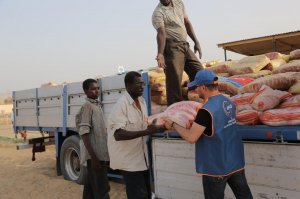
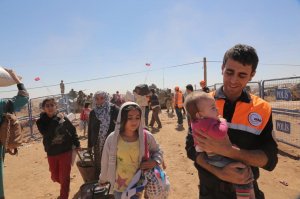



News from this partner

The Europen Day of Languages 2023 – “Using AI to facilitate deliberations”
In contribution to the European Day of Languages 2023 celebration,ERASMUS+ project Le_MOON teams and…

Iceland, Reykjavik Management meeting M2
Report ERASMUS+ project LE_MOON Management meeting Iceland, Reykjavik 5th-9th of June 2023 „Cultural mediation…

Link to our MOODLE lessons
https://teacamp.vdu.lt/course/view.php?id=90 Funded by the European Union. Views and opinions expressed are however those of…

C3 – Intermediate e-curriculum evaluation with students, teachers and youth workers in Manisa, Turkiye
At the beginning of February 2023, another international meeting of partners and students involved…

Le_MOON participants celebrating the European Day of Languages
September 26 is famous for the European Day of Languages which has been widely…
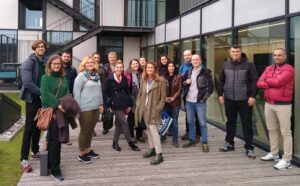
C2 – “Teacher digital competence development for creating open digital sources”
This time our project meeting was hosted by Vytauto Didziojo Universitetas in beautiful Kaunas,…
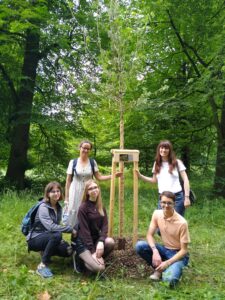
C1 – “Co-design workshop” Czech Republic feedback reports and news links from the Polish team
Here are the very first feedback reports from students and also links with the…

C1 – Co-Design Workshop (30.5-3.6.2022), Czech Republic, Kroměříž
As part of the Le_MOON project, a meeting of partner countries, namely representatives of…

First online inTalk session in the campaign 1,5
Activity: e-inTalk session organised, created and facilitatet by Tatjana ChristelbauerDate: 30th of March 2022Time:…


